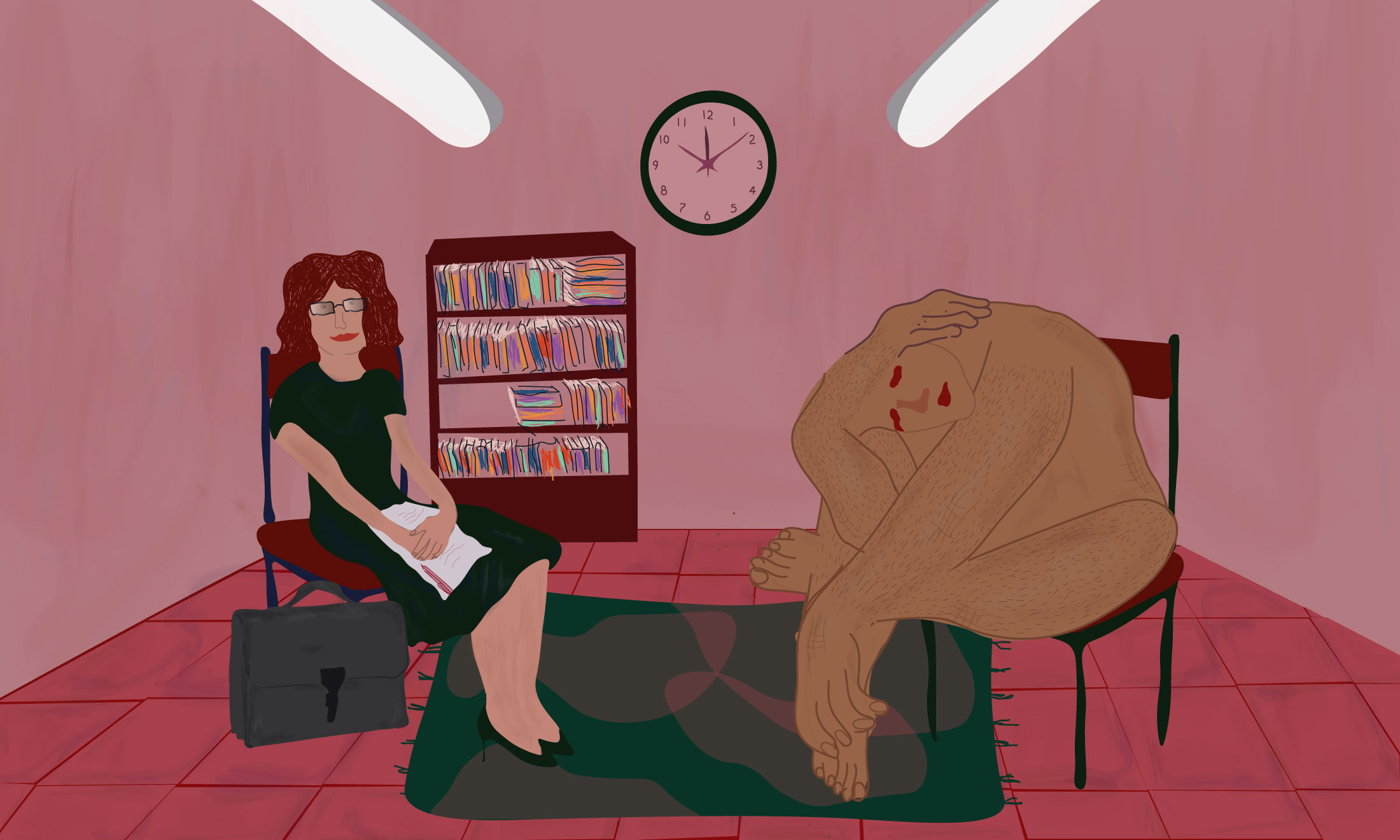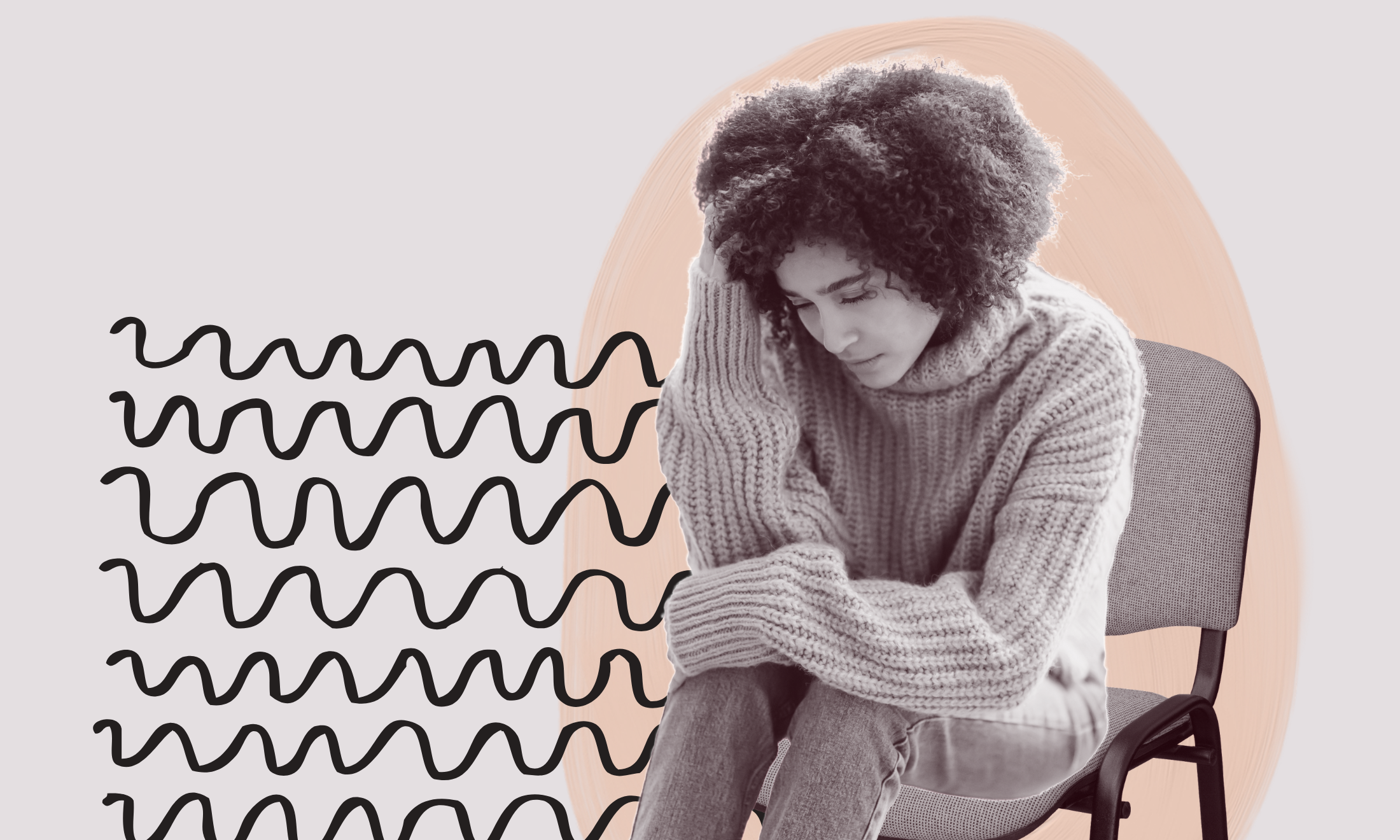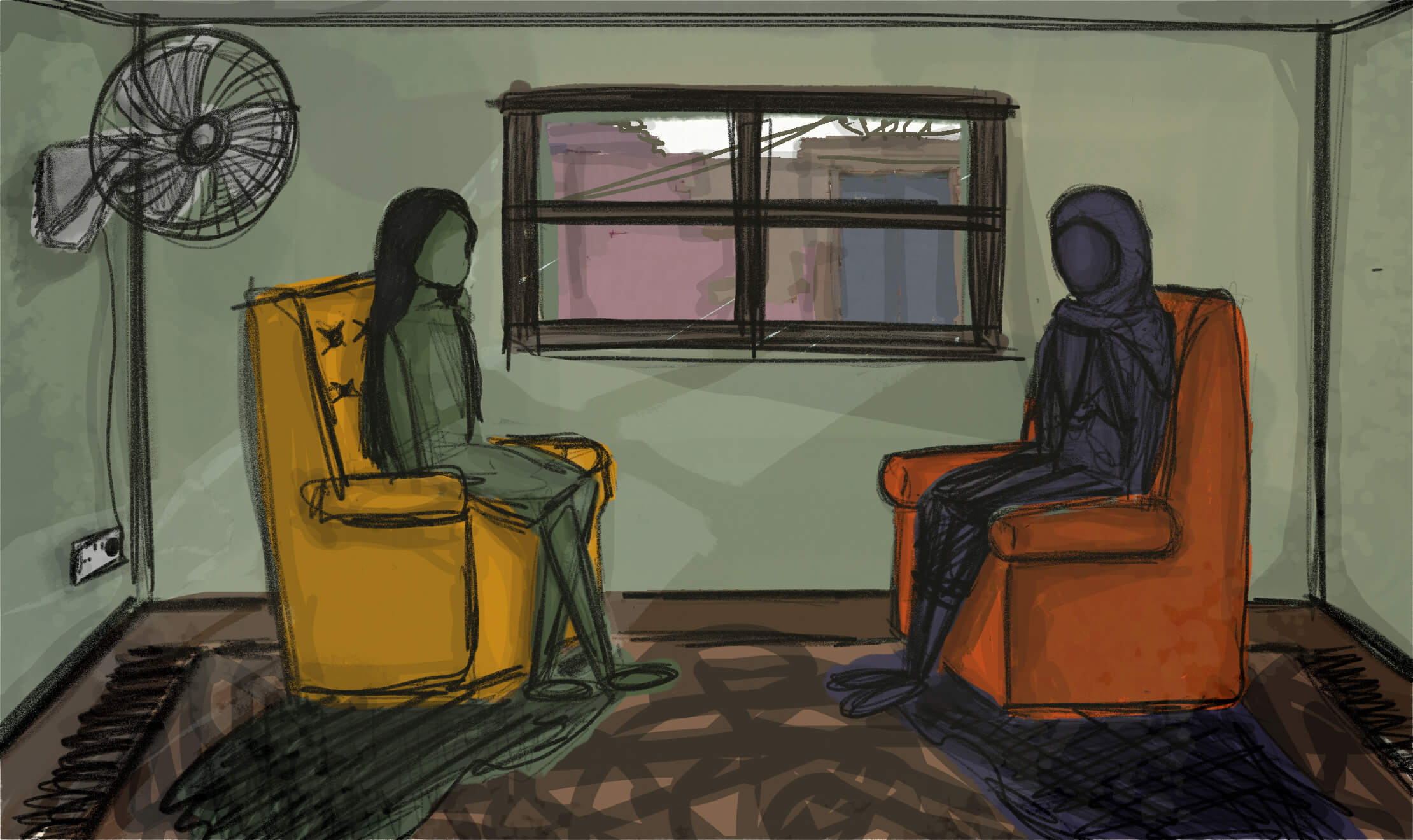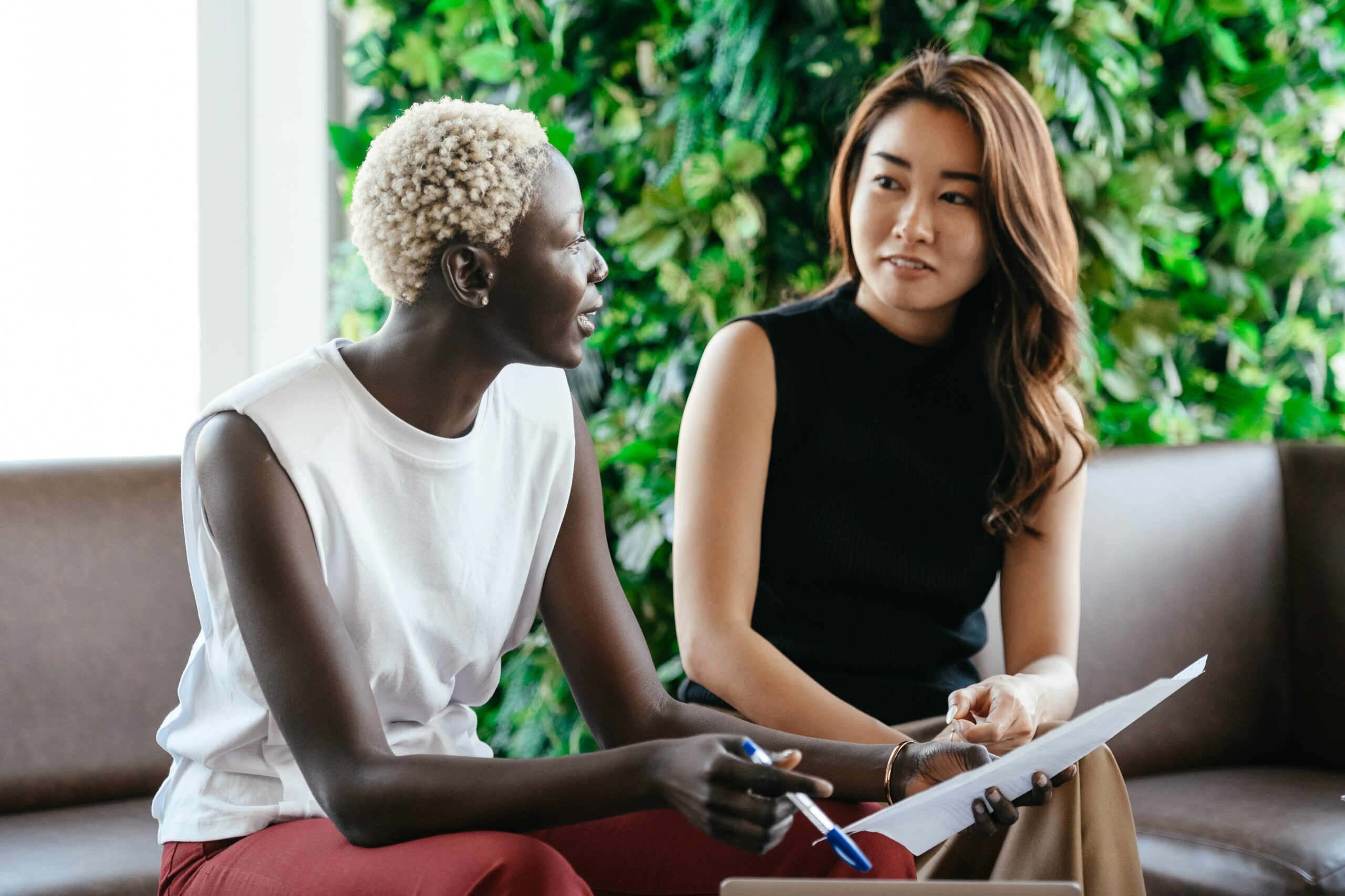
Nafsiyat is an intercultural therapy centre based in north London. While to me, the premise of the centre sounds like it could be totally new, as its website describes, it has in fact been providing treatment to “diverse cultural, racial, and ethnic” clients for decades.
Nafsiyat was initially set up in 1983 by psychotherapist Jafar Kareem. Kareem identified that traditional psychotherapy, though it could be life-changing, was not adequately flexible to cater for different social identities. Some of the issues that he identified as limits to traditional psychotherapy were not only of ignorance or racism (such as a prevailing thought at the time black and minority ethnic (BME) groups could not benefit from therapy) but also an inherent disregard for “cultural background” in psychotherapy.
“Everyone is not the same, and therapy, therefore, must be adapted to respond to an individual’s culture”
A 2001 report presented by the Surgeon General of the US included a key recommendation to improve the treatment received by people of colour. The report suggested that “The basic assumption of “universalism in mental health practice” must be moderated by culture-specific knowledge when working with a culturally diverse population”. Put simply, there needs to be recognition that everyone is not the same, and therapy, therefore, must be adapted to respond to an individual’s culture.
One of the central ideas in traditional psychotherapy is that of focusing on a person’s “inner world” in order to better understand their personality and to work through current issues. But when Freud, often considered the “Father of psychotherapy” started practicing, he wasn’t working with a diverse clientele: he mainly treated upper class, white and primarily male clients. Through psychotherapists’ diaries from this era we can see that patients outside of this demographic, were exposed to the sexist/classist/racist biases held by their therapists. Freud for example argued that female masturbation was linked to incredibly painful periods and that homosexuality was linked to boys not developing a sexual attraction to their mother’s during childhood. Nafsiyat’s work is so crucial in part because the shift from that situation to the current day has been extreme: a move towards an almost a “culture blind” approach where someone’s background isn’t actually acknowledged.
“African Americans are much less likely to be diagnosed with conditions like depression in comparison to white people”
We know that some unconscious biases can limit a how well someone’s present difficulties are understood. For example: African Americans are much less likely to be diagnosed with conditions like depression in comparison to white people, and research has shown that this is likely to be due to, mainly white, clinicians not recognising the differences in how people from different cultural backgrounds will present. This is why it is so important for social identities to be recognised when we are being cared for as a whole person, especially considering how much our lives are dictated by this framework.
The Nafsiyat centre provides therapy in 24 different languages, which means that it is much more accessible to their client base which includes refugees, people with Post-Traumatic Stress Disorder (PTSD) and survivors of torture or domestic violence. When therapists do not have appropriate language skills, a huge deal of nuance can be lost in translation, which can both fragment a consultation and means that it takes much longer to build a trusting relationship.
“Intercultural psychotherapy comes from a point of understanding that cultural backgrounds affect the interaction between the therapist and the client”
Language isn’t the only benefit offered by the centre, and many clients choose to have their treatment in English. Therapist’s understanding of a client’s cultural identity can help with interpreting body language. A psychotherapist I spoke with at the clinic gave the example that in many East and North African cultures, it is considered rude to look into the eyes of an older person when speaking to them, but that avoiding eye contact in Western societies is usually seen as a sign of reservation, fear or even disrespect. One therapist said that working at Nafsiyat was like “gaining therapeutic muscle”; that learning something like a short phrase in a different language that was loaded with huge meaning helped her better support the client.
Intercultural psychotherapy comes from a point of understanding that cultural backgrounds not only affect the interaction between the therapist and the client but also, influence personality as they can play an important part of our identities. This is particularly true for people living away from their motherland. Some of the common experiences treated by psychotherapists at the centre included; issues of hybridity from combining home cultural identity and British identity, and feelings of alienation and loss.
Although it’s stressed that BME communities are particularly in need of therapeutic services, I would argue that everyone has a unique and nuanced “cultural background” even if it’s just within a family. It was stressed to me multiple times that there was a risk of “ghettoising” this type of therapy rather than integrating it into the mainstream.
As many of the service users are vulnerable, it wasn’t possible to speak with them directly about their experiences of intercultural psychotherapy at the centre. But from personal experience, having a therapist who I connected with on a cultural level hugely heightened my ability to benefit from the service. Everyone, regardless of their background should have the ability to access intercultural therapy. The moment where describing my black female body as a gift from my motherland rather than an affliction brought my then-therapist to tears. I honestly doubt that someone other than a black woman living under Western beauty standards could have really understood the gravity of that statement.
You can make a one-off or regular donation to support the work of the Nafsiyat Intercultural Therapy Centre here.

Britain’s policing was built on racism. Abolition is unavoidable

How Pakistan’s Khwaja Sira and transgender communities are fearing and fighting for their futures

Their anti-rape performance went viral globally. Now what?






